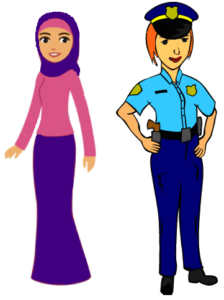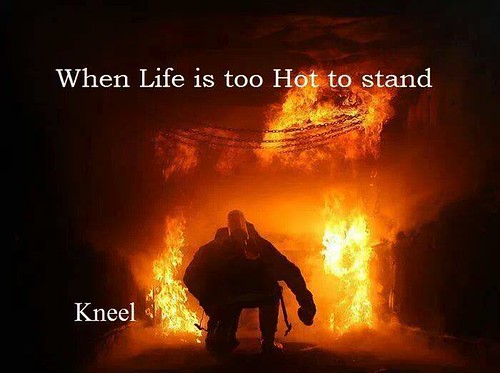 I just read yet another list of the absolutely MOST important, key things that MUST be addressed for Afghanistan to become stable and peaceful. And, once again, negotiating with the Taliban is there, but improving the condition of women in Afghanistan, improving their access to education, healthcare and revenue-generation, is not.
I just read yet another list of the absolutely MOST important, key things that MUST be addressed for Afghanistan to become stable and peaceful. And, once again, negotiating with the Taliban is there, but improving the condition of women in Afghanistan, improving their access to education, healthcare and revenue-generation, is not.
Let’s be real: if a peace process or development strategy in Afghanistan does not make addressing women’s issues CENTRAL to its plan, does not make such a TOP priority, it will fail.
It. Will. Fail.
Addressing the condition of women in Afghanistan is not an afterthought, it’s not a supplement, it’s not just something nice to do after the “more critical” things have been addressed. Rather, it is imperative, it is fundamental, for any success in the country, and it must be baked into strategies. Equal rights for women is enshrined in the Afghan constitution. The Internet is rife with examples of how to leverage Islamic theology to promote the full participation of women in society. Humanitarian agencies hold the purse strings. In short: there is NO excuse for ignoring the condition of 50% of the population of Afghanistan.
I’m not alone in feeling this way:
BEHIND CLOSED DOORS: The risk of denying women a voice in determining Afghanistan‟s future, a report from OxFam
Afghanistan women: Give us a seat at the peace table
United Nations Calls for Women’s Role in Peace Process
I’ve said all this before:
When a girl in the developing world receives seven or more years of education, she marries four years later and has 2.2 fewer children (United Nations Population Fund, State of World Population 1990). When women and girls earn income, they reinvest 90 percent of it into their families, as compared to only 30 to 40 percent for a man (Phil Borges, with a foreword by Madeleine Albright, Women Empowered: Inspiring Change in the Emerging World [New York: Rizzoli, 2007], 13.). Empowering women in places in Afghanistan — giving them safe, easy access to primary and secondary education, to vocational training and to basic health services — improves the lives of everyone in the country. And, in addition, giving women a voice in defining and evaluating development goals is the ONLY way to ensure development activities meet the needs of women and children.
I rarely see Afghan women on TV news reports – and don’t tell me the reporters can’t find them. I rarely hear women mentioned in news analysis on network TV, in newspapers, in political debates about Afghanistan, in US Government briefings… That’s like not mentioning black Africans or apartheid when discussing South Africa in the 1980s. If the 50% of the population in Afghanistan being oppressed, tortured, killed, denied even basic human rights, were an ethnic group or a religious group, the outrage would be oh-so-loud and constant. But women? Suddenly oppression is a cultural thing we have to respect and not interfere with and just stand back and hope things evolve “organically” and “naturally.”
Balderdash. Bunkum. Nonsense.
Whether you are an aid worker or a policy maker, you have to be committed to women’s involvement in Afghanistan, no matter what the focus of your work is, whether it’s engineering or conflict resolution or arms agreements or WHATEVER. If you don’t, your work will FAIL. Your policies will FAIL. I’ve made many a male aid worker colleague angry for kicking back a field report that never mentioned women… Whether it’s a water and sanitation project, an infrastructure project, a weapons return program, an agricultural project, a governance project, whatever, it must talk about women. If your talk is going to be about how they aren’t involved at all, so be it. But you can’t pretend their non-involvement is normal, appropriate, and something your work cannot address.
Harumph.
Also see:
Empower women, empower a nation
The Wrong Way to Celebrate International Women’s Day
How to be active & anonymous online – a guide for women in religiously-conservative countries
UNDP and Religious Leaders Promote Women in Sport and Education in Afghanistan
papers on cyberactivism by women in Iran & Azerbaijan
women-only hours at community Internet centers? why?
Reaching women in socially-conservative areas



